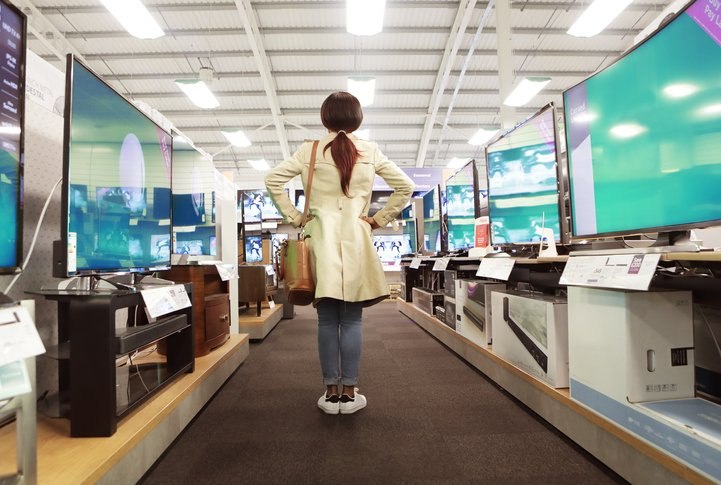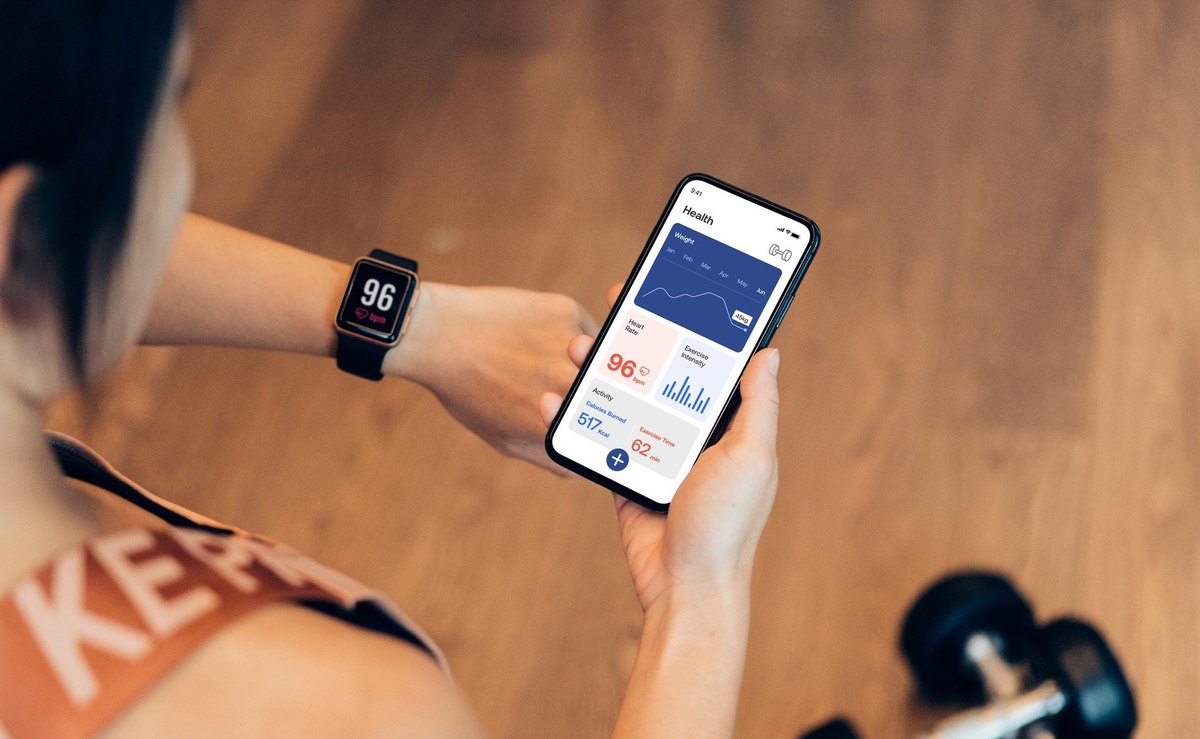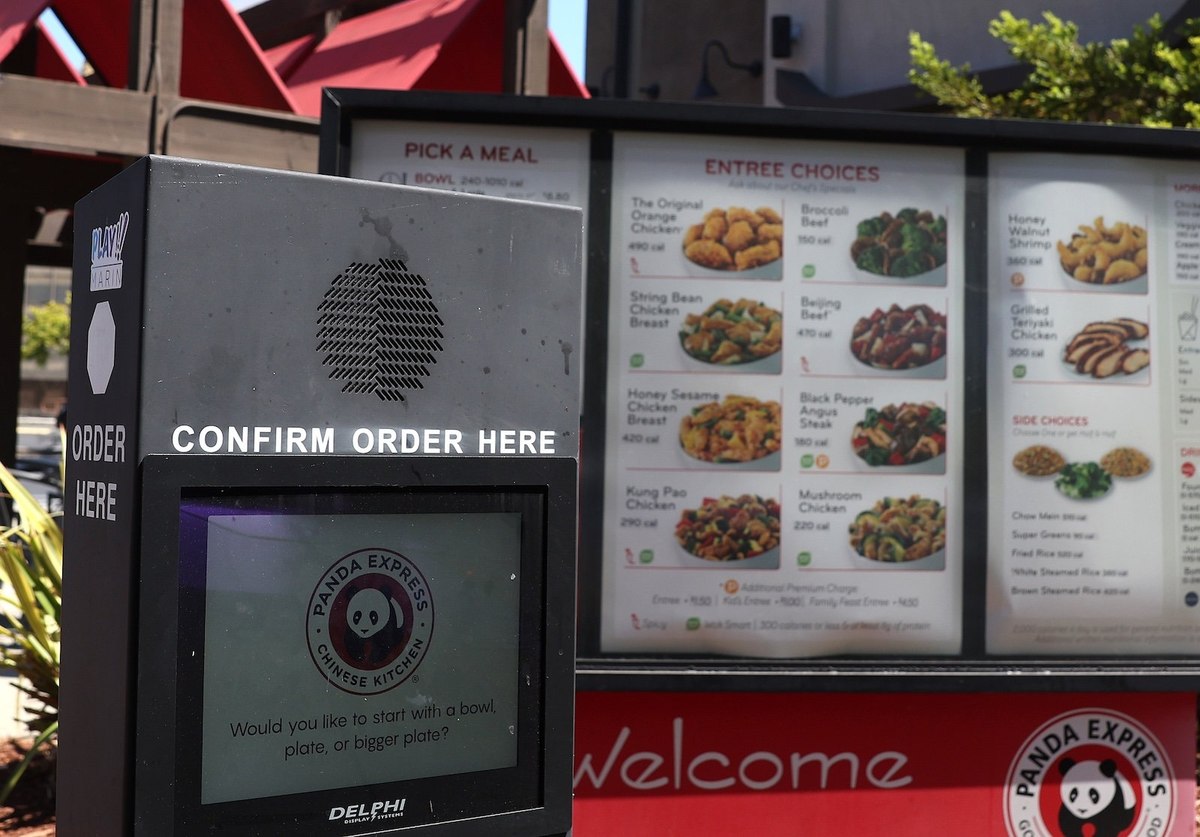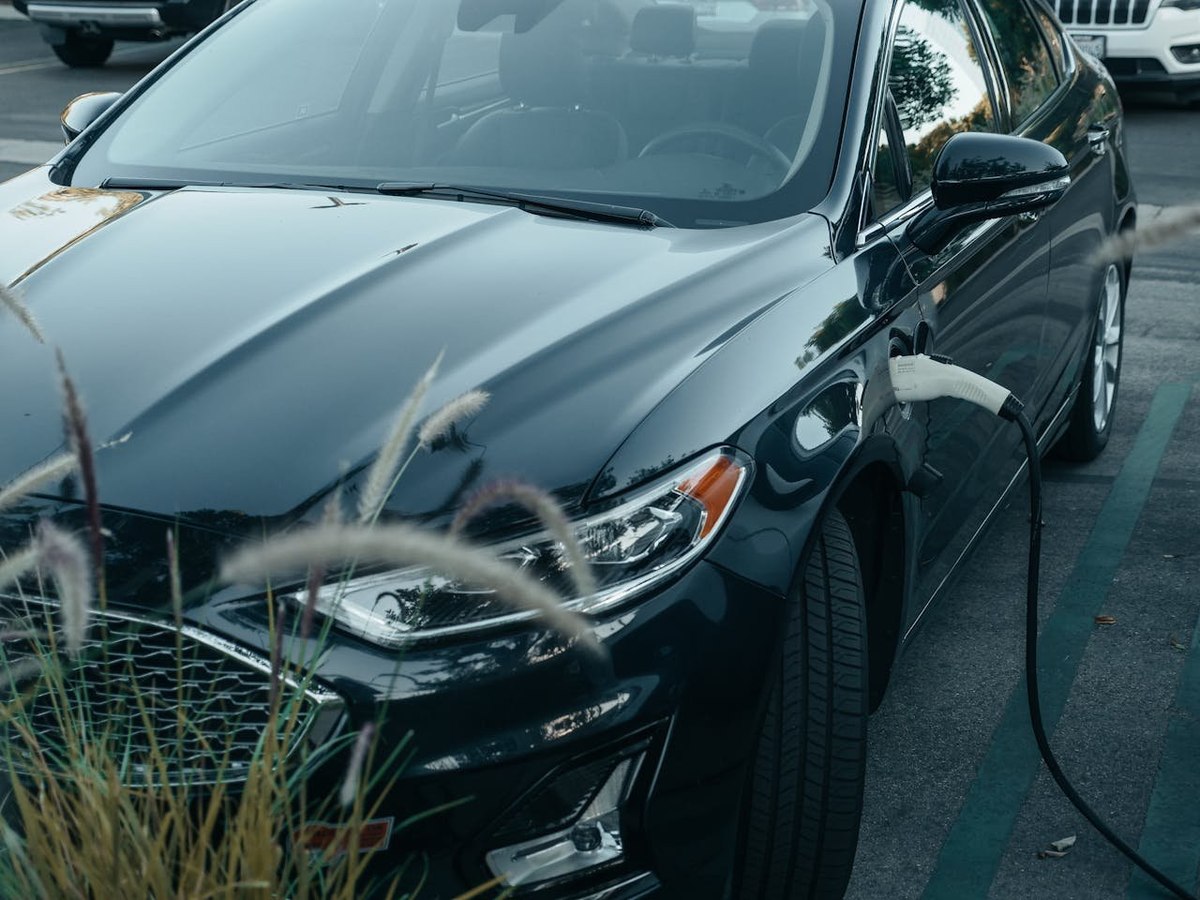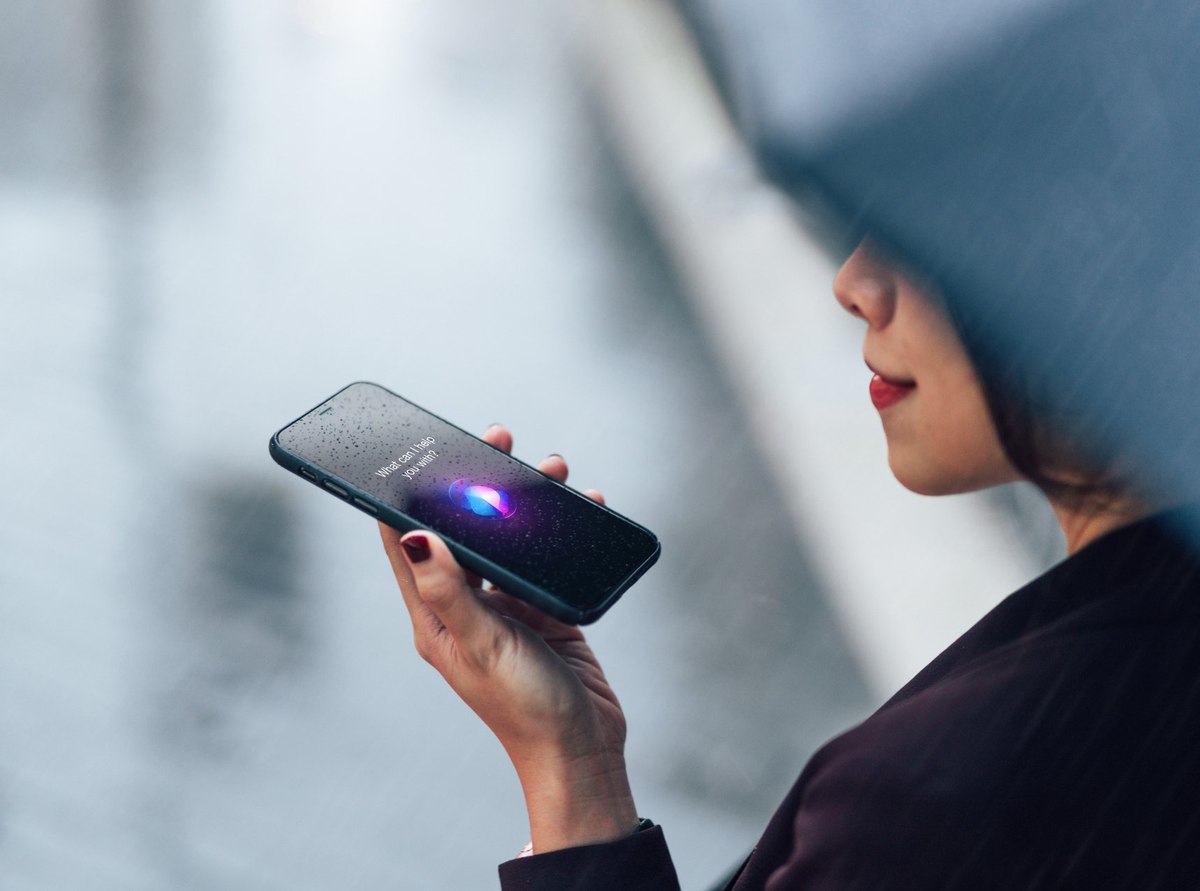
Customer service chatbots and the automotive industry
The sudden popularity of ChatGPT has started up conversations about AI around the world. While the use of customer service chatbots instead of humans means lower costs and a faster turnaround from a company’s standpoint, how are consumers finding this experience?
In a recent YouGov poll we asked consumers across 18 global markets, when purchasing things online, in which categories do they think customer service chatbots can be useful.
According to the survey data, a significant share of overall consumers say that chatbots are not useful in any category (29%).
Among consumers who do find chatbots useful, they’re most likely to say it’s likely to be the case for the purchase of mobile phones (16%) and electronics like TVs and laptops (16%). Air travel and hotels (15%) and clothing/shoes (14%) follow close behind. The perceived usefulness of chatbots then gradually decreases, with furniture purchases being the category where consumers are least likely to think chatbots might be helpful (8%). Cars, though, come close with only one ten respondents perceiving that chatbots might be helpful in such a purchase.
The recent YouGov Auto report, ‘The Road Ahead for Future Car Buying’, details that in-person car purchases still dominate the market, but while the online car trade is smaller it’s still significant, with 17% of global consumers buying their last vehicle this way.
Looking at consumers’ opinion on customer service chatbots when purchasing cars or car services online we see a wide range of differences across 18 markets.
Data indicates that the perception of usefulness of chatbots in the purchase of cars is highest in the UAE (19%). APAC consumers have varied opinions about the usefulness of chatbots in relation to cars. India registers 17% of consumers, the highest in this region, followed by China and Indonesia at 12% each. While Australia (9%) and Singapore (8%) register fewer than one in ten consumers who think a bot could be useful in the purchase transaction, the share drops to around one in 20 consumers in Hong Kong (6%).
In Europe, 11% of individuals in Spain and Germany can see a world where chatbots could be useful in buying a car, whereas the rest of the markets lie below the global average. Great Britain registers 6% of consumers who say they could find chatbots useful during the purchase of a car or car services online, slightly more than Sweden (5%) and Demark (4%), the least likely markets of all 18 included in this survey.
In North America, while 9% of Canadians and 8% of Americans think they might find chatbots useful for cars, urban Mexicans are among the most likely to say so (17%).
Overall, car brands and dealerships have a challenging task to integrate a seamless consumer-chatbot experience. But it’s up to them to show how efficiency can work for customers as well as the bottom line.
Explore our living data – for free
To receive monthly insights about the automotive industry register here.
To read YouGov’s latest intelligence on the auto sector explore here.
Make smarter business decisions with better intelligence. Understand exactly what your audience is thinking by leveraging our panel of 20 million+ members. Speak with us today.
Methodology: YouGov Surveys: Serviced provide quick survey results from nationally representative or targeted audiences in multiple markets. The data is based on surveys of adults aged 18+ years in 18 markets with sample sizes varying between 510 and 2044 for each market. All surveys were conducted online in December 2022. Data from each market uses a nationally representative sample apart from Mexico and India, which use urban representative samples, and Indonesia and Hong Kong, which use online representative samples. Learn more about YouGov Surveys: Serviced.
Getty Images









